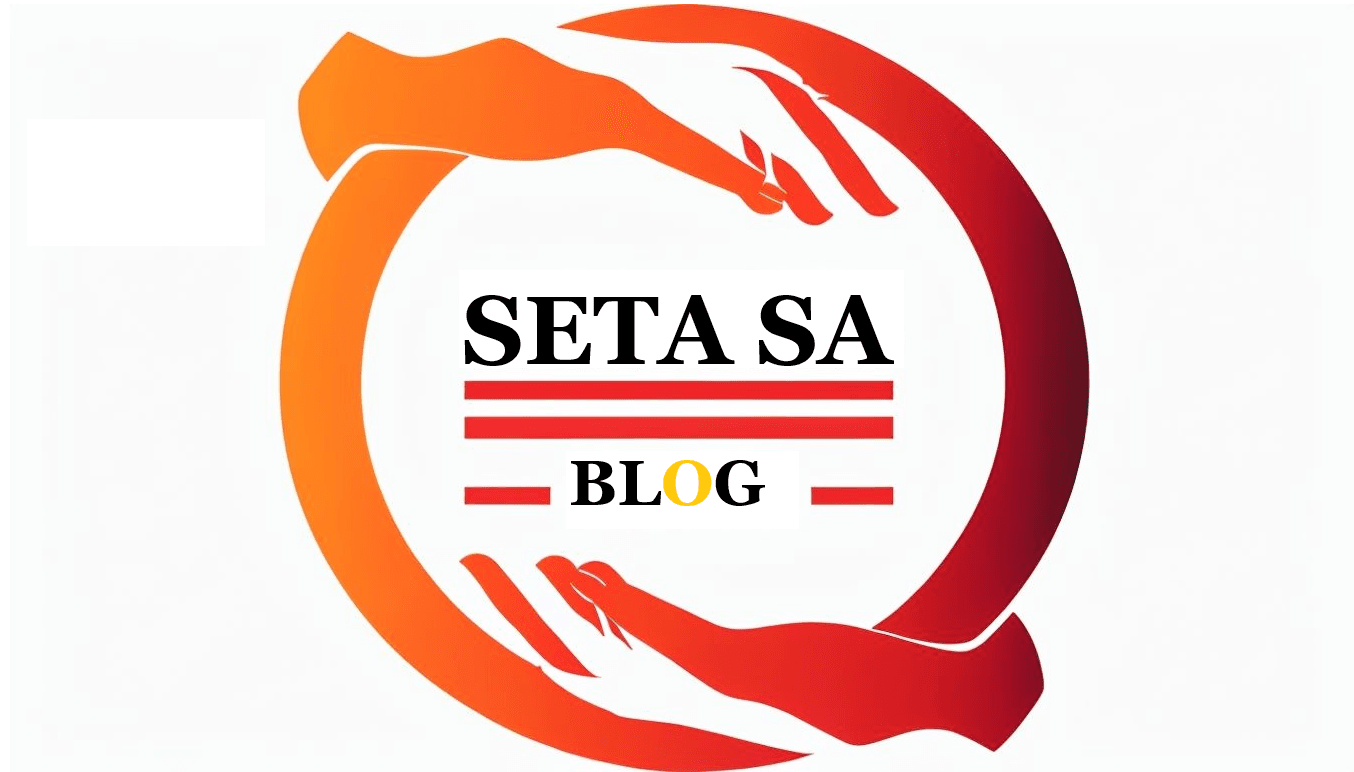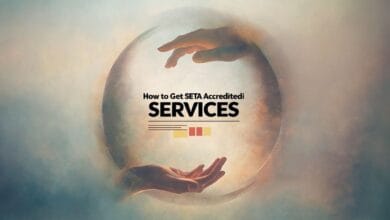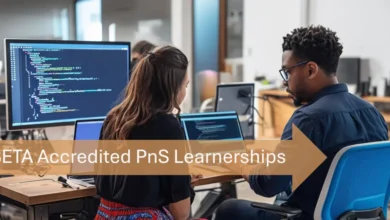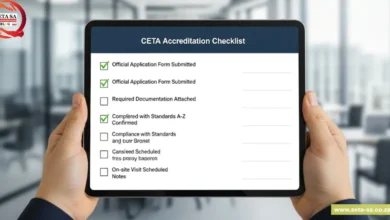Services SETA Discretionary Grants Guide
If you’re a business, NGO, training provider—or simply someone with a great idea to uplift South Africans—Services SETA Discretionary Grants could be the boost you’ve been looking for. These are not your standard grants; they’re strategic, sector-aligned, and result-focused. Let’s dive in!
What Are Discretionary Grants?
Discretionary Grants are competitive funds awarded by Services SETA to support specific skills development initiatives. Unlike Mandatory Grants that refund a fixed portion of the Skills Development Levy, Discretionary Grants are awarded at the SETA’s discretion—usually covering 80–100% of training costs :contentReference[oaicite:0]{index=0}.
Who Can Apply?
- Employers registered with SARS and Services SETA
- Accredited training providers, colleges, universities
- Public/private research institutions
- NGOs, community-based orgs
- Government departments/public entities :contentReference[oaicite:1]{index=1}
What Can You Fund?
Grants cover a broad scope:
Learnerships, Apprenticeships and Internships
Blend theory with practical workplace exposure—like the 3-year electrical apprenticeships currently running in Free State :contentReference[oaicite:2]{index=2}.
Bursaries & Skills Programmes
Support youth, artisans, RPL (Recognition of Prior Learning), and high-demand skill training :contentReference[oaicite:3]{index=3}.
Occupational Qualification & Assessment Development
Funding is available for panels of subject-matter experts to design, review, and moderate qualifications, assessments, and QA :contentReference[oaicite:4]{index=4}.
Why These Grants Matter
- Aligned with National Plans: Supports the NSDP 2030 and White Paper goals :contentReference[oaicite:5]{index=5}.
- High Impact: Grants plug into targeted skills priorities—look at the Free State Board visits showing real-world impact :contentReference[oaicite:6]{index=6}.
- Strategic Transformation: Funds programmes that meet B-BBEE, gender, race, disability, and youth equity targets :contentReference[oaicite:7]{index=7}.
How To Apply: A Clear-Cut Process
1. Watch the Window
Calls open periodically—check the official website or sign up for updates via the Discretionary Grants portal :contentReference[oaicite:8]{index=8}.
2. Prepare Your Documents
- Company registration + tax certificate
- ID copies of directors
- Accreditation/declaration forms (1a & 1b)
- POPIA compliance
- Training proposal aligned with SETA’s APP & SSP :contentReference[oaicite:9]{index=9}.
3. Submit Online
Use the SETA’s online portal with your unique application ID—make review smooth and organised :contentReference[oaicite:10]{index=10}.
4. Evaluation & Outcome
Once the window closes, evaluation takes about 90 working days :contentReference[oaicite:11]{index=11}.
5. Implement & Report
Once approved, begin your project, submit milestone invoices and proof of delivery to receive grant funding.
Real Examples: Discretionary Grants in Action
In KwaZulu-Natal, Eastern Cape, and Free State, Services SETA’s board visited projects to evaluate impact. One standout case: 30 apprentices in electricity training, supported by SETA, partnered with Qualitas Career Academy—with beneficiaries praising the hands-on approach :contentReference[oaicite:12]{index=12}.
Tips to Maximise Your Chances
- 🔍 Align your proposal with SETA objectives—sector skills plan, transformation goals.
- 📊 Showcase measurable outcomes—learner numbers, employment stats.
- 🧾 Use accredited providers and registered moderators.
- ⏱ Get your paperwork right—completeness speeds up evaluation.
- 🎯 Focus on priority areas—internships, artisan development, youth programmes :contentReference[oaicite:13]{index=13}.
Where to Learn More & Apply
- Official portal: Discretionary Grants :contentReference[oaicite:14]{index=14}
- Guidelines & policies: DG Application Guidelines :contentReference[oaicite:15]{index=15}
- General SETA grants overview: SETA grants explained :contentReference[oaicite:16]{index=16}
Final Word
If your goal is meaningful skills development that aligns with national plans, drives transformation, and opens real doors, Services SETA Discretionary Grants are a golden opportunity. With the right preparation, your project could unlock significant funding—and make a real difference.
FAQs
1. How often do discretionary grant windows open?
Typically once or twice a year—around Q2–Q3—but always confirm via the Services SETA portal.
2. What percentage of costs can I claim?
Up to 80–100% of project costs, depending on alignment and available funding :contentReference[oaicite:17]{index=17}.
3. Can NGOs and community groups apply?
Yes! Registered NGOs and community-based organisations are eligible, provided they meet criteria :contentReference[oaicite:18]{index=18}.
4. Is accreditation mandatory?
Yes—all training and assessments must involve SETA-accredited providers and registered assessors/moderators :contentReference[oaicite:19]{index=19}.
5. What if my application is rejected?
You can review feedback, strengthen alignment with SETA strategy, and reapply in the next window. Or contact SETA support to discuss improvements.






